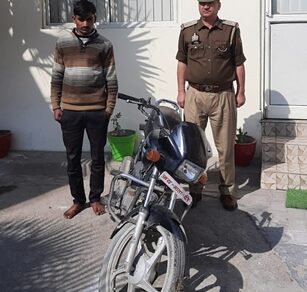The GST Council at its meeting on Thursday is likely to discuss the entry of natural gas in the indirect tax regime and rationalise the rates on a few items such as farm equipment and electric vehicles. Bringing the real estate sector under the GST is also on the agenda.
The council may cut the rate on farm and irrigation equipment to 12 per cent from 18 per cent and on bio-diesel and electric vehicles to 18 per cent from 28 per cent.
It could also reduce the rate on digital cameras to 18 per cent from 28 per cent following representations by companies such as Nikon, Canon and Sony, which are facing stiff competition from smartphones.
The fitment committee of the council has finalised the rate reduction and the matter will be taken up for discussion by the council at its meeting on January 18, the last before the budget.
The GST Council on November 10 reduced the rates on more than 175 items, thereby taking them out of the highest slab of 28 per cent.
The council is also expected to take up the issue of bringing in natural gas within the GST. Alternative fuels to natural gas such as naphtha, fuel oil and LPG were already included in the GST.
If natural gas is included, the GST paid on inputs and services used for producing natural gas can be set off against taxes on its sale. This will cut the losses to the industry by one-fifth. The move will benefit companies such as ONGC as well as gas retailers such as IGL.
The meeting is also expected to discuss how to bring in the real estate sector within the GST as the move could be opposed by states since it is a major revenue earner for them.
State levies such as stamp duty, registration charges and property tax, which is a municipal levy, are currently outside the GST. At present, the GST rate applicable on the real estate sector (that is, on the sale of flats) is 12 per cent of the sales consideration. The council would have to find the resources to compensate the loss in revenue of the states.
GST revenues for November stood at Rs 80,808 crore, falling from Rs 94,063 crore collected in August.
The revenue shoftfall under the new indirect tax regime has forced the government to announce extra borrowing of Rs 50,000 crore to fund the spending in some key sectors of the economy.
Sushil Kumar Jain










